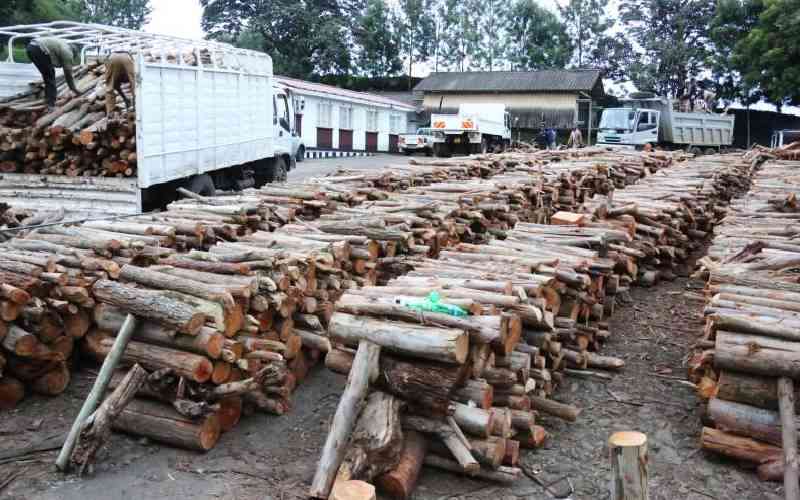×
The Standard e-Paper
Join Thousands Daily

Imenti Central MP Moses Kirima in April tabled a motion in the National Assembly, asking the national government to ban growing of eucalyptus trees.
He also wanted State to issue an order that existing trees be uprooted, and punitive measures put in place against persons who defy the orders.